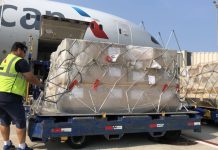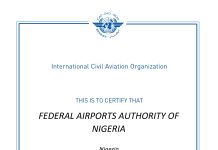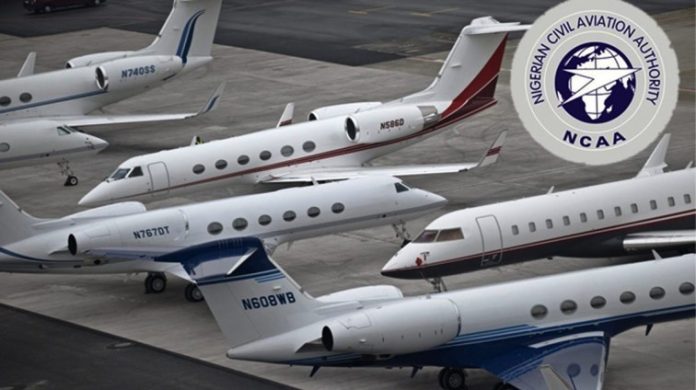The Nigerian Civil Aviation Authority (NCAA) has reaffirmed its directive to domestic and international airlines operating in the country to comply with the mandatory First Need Compensation policy for passengers whose checked-in luggage fails to arrive with them.
Short-landed baggage i.e luggage left behind at the departure airport and delivered on a subsequent flight, has become a recurring issue. Under Part 19 of the Nigerian Civil Aviation Regulations (NCAR) 2023, airlines are required to pay ₦10,000 to affected domestic passengers and $170 to international passengers to cover basic necessities while they await their belongings.
At a stakeholder meeting held at the Nnamdi Azikiwe International Airport, Abuja, the Director of Public Affairs and Consumer Protection, Mr. Michael Achimugu, expressed dissatisfaction with the low level of compliance by airlines, despite previous warnings and circulars.
“This engagement should be the last time we’re discussing First Need Compensation,” Achimugu said. “The regulation is very clear. Non-compliance will attract sanctions. Airlines must pay the ₦10,000 or $170 as mandated, and deliver the baggage to the passenger’s address within seven days at no extra cost.”
He further noted that many passengers are unaware of their rights and are often forced to return to the airport to retrieve delayed luggage—an act that violates the regulation. Achimugu urged airlines to proactively compensate passengers before complaints are escalated to the NCAA.
Speaking at the meeting, Mrs. Ifueko Abdulmalik, Senior Special Assistant to the Director-General of the NCAA, clarified that passengers are also entitled to additional compensation if their baggage is delayed beyond the expected period—provided they present receipts for essential purchases made due to the inconvenience.
Airline representatives present at the meeting acknowledged the regulation but appealed for support in resolving infrastructure challenges that contribute to baggage mishandling. The Abuja Station Manager for NG Eagle, Tula Danjuma, cited the lack of functional conveyor belts at some terminals as a major bottleneck and called on the NCAA to liaise with the Federal Airports Authority of Nigeria (FAAN) to address the issue.
Similarly, Air Peace’s Deputy Ground Operations Manager, Olisakwe Leonard, advocated for a more contextual approach to regulation, urging the Authority to consider local operational realities when implementing global aviation standards.
While NCAA commended the airlines for their resilience amid economic and operational pressures, it stressed that protecting passenger rights remains a top priority and that all airlines must meet their obligations or face penalties.













